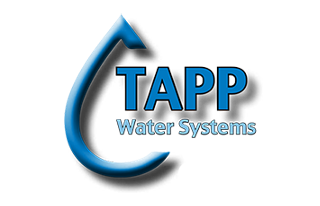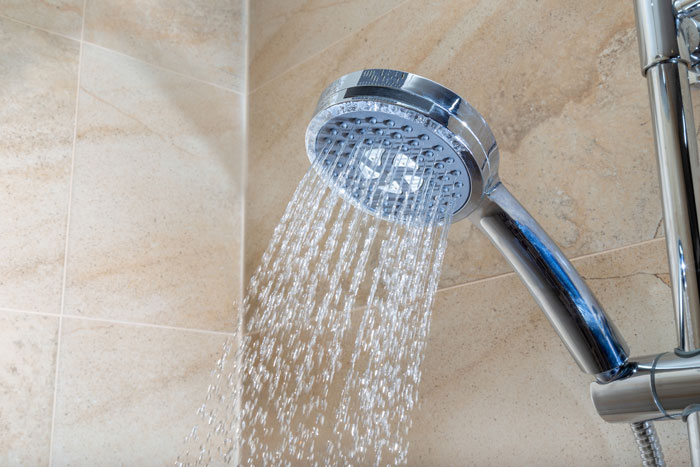If you have questions about your home’s water hardness, you’ve come to the right place because we know a thing or two about water quality. Let’s dive into the world of hard water, soft water and water softening systems.
The “Why” Behind Water Softening Systems
To understand the role of a water softening system in your home, let’s compare the differences between hard and soft water.
Hard Water vs. Soft Water
Hard water earns its name because of its high magnesium and calcium concentration. Soft water, on the other hand, has lower levels of magnesium and calcium and a higher sodium content.
Signs You Have Hard Water
Hard water is sometimes difficult to distinguish. However, there are usually some signs that indicate a higher mineral content. If one or more of these indicators sound familiar, you may have hard water.
- Spotty dishes even though they are clean
- Difficulty lathering soaps and detergents
- Rough, faded or mineral-stained clothing
- Dry skin, hair or scalp
- Chalky buildup on showers, sinks and faucets
- Foul-smelling water
- Low water pressure
Signs You Have Soft Water
Like with hard water, you may have a tough time telling if your water is soft. Keep an eye open for these signs.
- Dishes dry with few spots
- Soap and detergent foam well
- Softer clothing without mineral stains
- Well-hydrated skin and hair
- No white buildup on faucets, sinks and shower walls
- Better water pressure
Pros and Cons of Hard Water
Hard Water Pros
The minerals found in hard water, calcium and magnesium, are essential elements for health. Consuming hard water may help you reach the recommended daily value for these minerals.
Hard Water Cons
Hard water may make your skin, including your scalp, dry and itchy. It may also make your skin susceptible to bacterial infections by altering its pH. Moreover, hard water may have negative consequences in your home, such as a mineral buildup in your pipes, faucets, toilets and shower heads, potentially leading to costly repairs and maintenance.
Pros and Cons of Soft Water
Soft Water Pros
Soft water can save you money by helping you get things clean the first time. This is true for anything in your home that needs cleaning, including dishes, clothing, showers and tubs, sinks and even yourself. Hair and skin benefit from soft water because it is less drying and damaging. Soft water can also protect your plumbing from harmful mineral buildup.
Soft Water Cons
If you have high blood pressure, your doctor may advise you to avoid soft water because of its higher sodium content, which can raise blood pressure.
How to Soften Water
The calcium and magnesium in hard water have a positive charge. Water softening systems contain negatively charged materials that attract hard water minerals and replace them with sodium or potassium. This exchange creates softer water and all the benefits that come with it.
We Install Quality Water Softening Systems
With a name like Tapp, you know you’re in good hands for water services. Our family owned and operated water treatment company has 75 years of combined experience installing quality water softening systems. If you’re ready to introduce softer water to your central Maryland home, give our team a call at (410) 437-TAPP (8277) or contact us online.


0 Comments